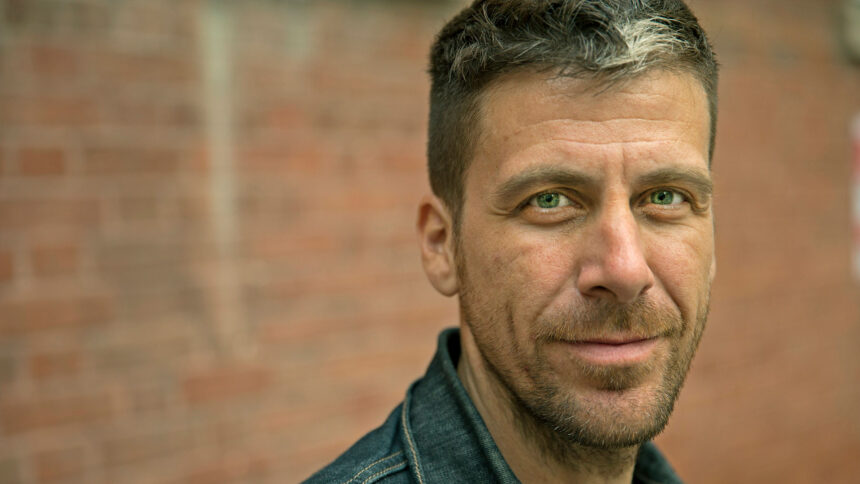Unless you are of a certain age or from a certain part of the country, you may not be aware of the 1974 occupation of Anicinabe Park in Kenora, Ont. What started as a youth conference turned into a 38-day, armed occupation led by Indigenous youth who were pushing back against the ongoing mistreatment of Indigenous people in the small, northern Ontario city. Métis filmmaker Shane Belcourt first heard about the occupation a few years ago when he was going to direct a Heritage Moment on Anicinabe Park, a project that didn’t move ahead. When he was approached by journalist and author Tanya Talaga to direct a documentary about the uprising for her Makwa Productions, Belcourt jumped at the opportunity. Belcourt says it was an electric time in history. “The time of they call it the red scare, you think in some parlance that would mean the rise of communism but there was black power rising in the States in the late 60s and early 70s and that definitely found its way over the border,” says Belcourt on the latest episode of face to face. “The American Indian Movement, John Trudell and all of those guys doing Alcatraz and Wounded Knee and all those things. That momentum had really shifted and changed what was going on up here, north of the medicine line and it had a big effect on lots of Nations across Canada, so, Cache Creek in B.C. had an uprising, there was obviously the one this documentary is about at Anicinabe Park in 1974 and then there was also, my dad Tony Belcourt why he left Alberta and moved to Ottawa to fight for rights on the nation’s capital. “So, it was a really exciting time, writ large,” says Belcourt. Ni-Naadamaadiz: Red Power Rising had its world premiere at the Toronto International Film Festival in September. Belcourt describes the documentary as a love song to Louis Cameron, who led the occupation and the Ojibway Warrior Society. Much of the film is based on an unpublished manuscript written by Cameron. Cameron also played a central role in the Native People’s Caravan, a cross-country mobile protest to raise awareness about the poor living conditions and discrimination experienced by Indigenous Peoples in Canada that also took place in 1974. Belcourt says grassroots people wanted to take their legitimate grievances to Ottawa to meet face to face with the establishment and tell politicians in Ottawa they need to do something to help young people. “So, off they went and they marched and it was the only time that Canada has had armed military on the hills of parliament, people with bayonets on the end of their guns, people on horseback and just dispersed this Native peoples crowd. People got their heads cracked open, it was so fricken bloody and violent and intense,” says Belcourt. Ni-Naadamaadiz: Red Power Rising is Belcourt’s latest narrative film. When he went to film school, Belcourt never imagined he’d ever work on a documentary. “The fact that I’ve made so many documentaries is shocking to me. I’m excited to be working on a mini-series right now for CBC with Tasha Hubbard. I can say no more than that other than it will be coming out in a couple years, we’re going to camera this winter for it. So, there is lots of narrative work in the works and I’m thankful for that,” says Belcourt. “I can’t say its what I prefer but when I make documentaries, I’ve said it before, I am not a documentary filmmaker, I am a propaganda filmmaker and I want to celebrate who we are and I will not be unabashed about that.” Continue Reading
Filmmaker Shane Belcourt reflects on documenting a critical but little known moment in history

Leave a Comment









